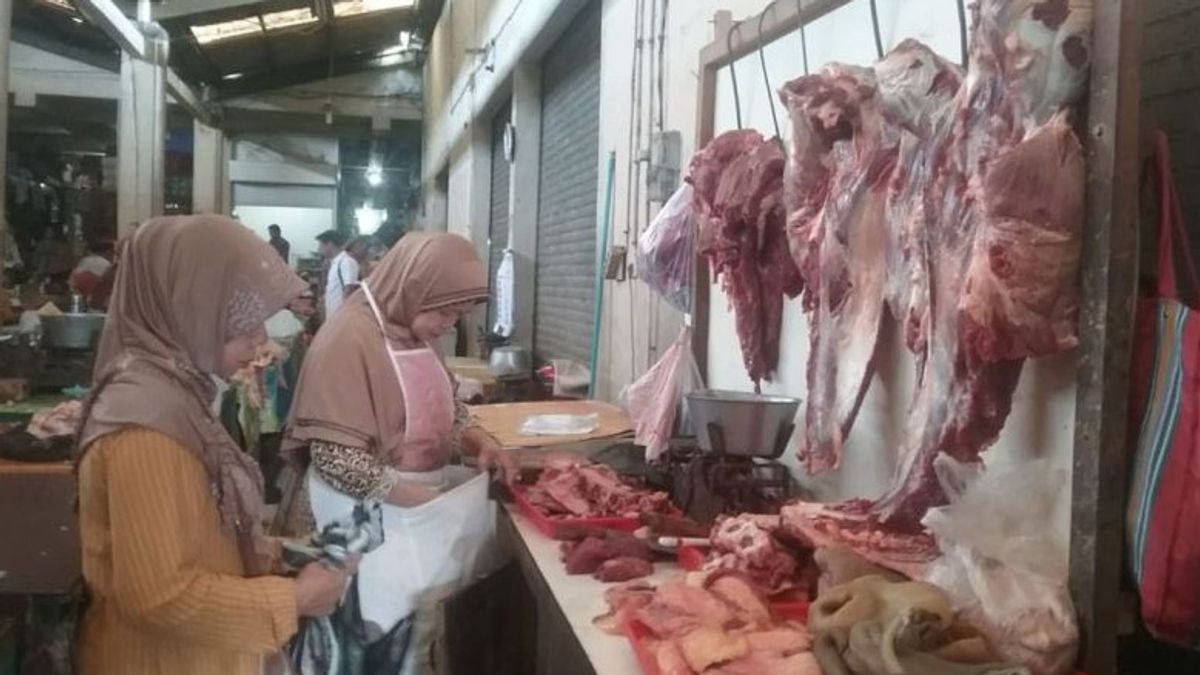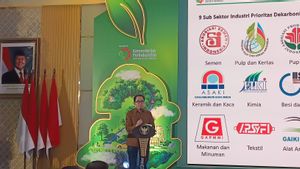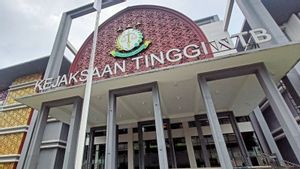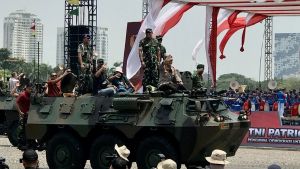JAKARTA – Crowds of production or selling strikes can become a trend among traders and the country. But this can be resisted because the government finally responded by fulfilling their demands.
This happened to the Indonesian Meat Slaughter and Trader Network (JAPPDI), which canceled its strike after its demands were met by the government.
The head of JAPPDI Asnawi said that the cattle slaughterers and traders under his organization would not go on strike again.
"We together with the administrators of the Regional Leadership Council (DPW) and Regional Leadership Council (DPD), as well as members state that there will be no strike action," said Asnawi when contacted by Antara in Jakarta, Saturday, February 26.
Asnawi said that previously JAPPDI had supported the call for the trade holiday. However, after finding a solution and fulfilling their demands, JAPPDI rejected the sales strike. They even instructed cattle slaughterers and traders to continue selling as usual.
According to Asnawi, JAPPDI has asked the government to intervene in the fluctuations in beef prices which have increased from December 2021 to February 2022.
"First, there is a shortage of supply because the supply is minimal. If you rely on imported cattle, it is not enough. Therefore, local cattle are deployed to be imported to Jakarta, Bogor, Depok, Tangerang, and Bekasi (Jabodetabek)," said Asnawi.
Beef traders in this case view that the price increase at the level of 5 percent is still reasonable. However, what is happening now is an increase of up to 15 percent in the cutter rate.
With a 15 percent increase, the selling price of beef to consumers reaches Rp. 140,000 per kilogram (kg). The price is seen as too burdensome for consumers which ultimately affects their purchasing power.
However, with an increase of 5 percent, continued Asnawi, the selling price of beef to consumers is IDR 125,000 per kg or IDR 130,000 per kg for deep-seated beef.
"With the intervention from the government, now sales are fixed, the position has changed slightly. What was previously Rp. 140,000 thousand per kg, is now at most Rp. 125,000 per kg to Rp. 130,000 per kg. It has decreased, but it is not in accordance with what traders want , said Asnawi.
Asnawi added, in this case, the government facilitated a meeting room between interested parties to find a solution and a solution rather that a strike did not occur.
"Now, with the information and news, the public already knows and understands that there is indeed an increase in the price of beef. However, we will still request a second meeting so that the price decrease occurs according to our wishes," said Asnawi.
The English, Chinese, Japanese, Arabic, and French versions are automatically generated by the AI. So there may still be inaccuracies in translating, please always see Indonesian as our main language. (system supported by DigitalSiber.id)













